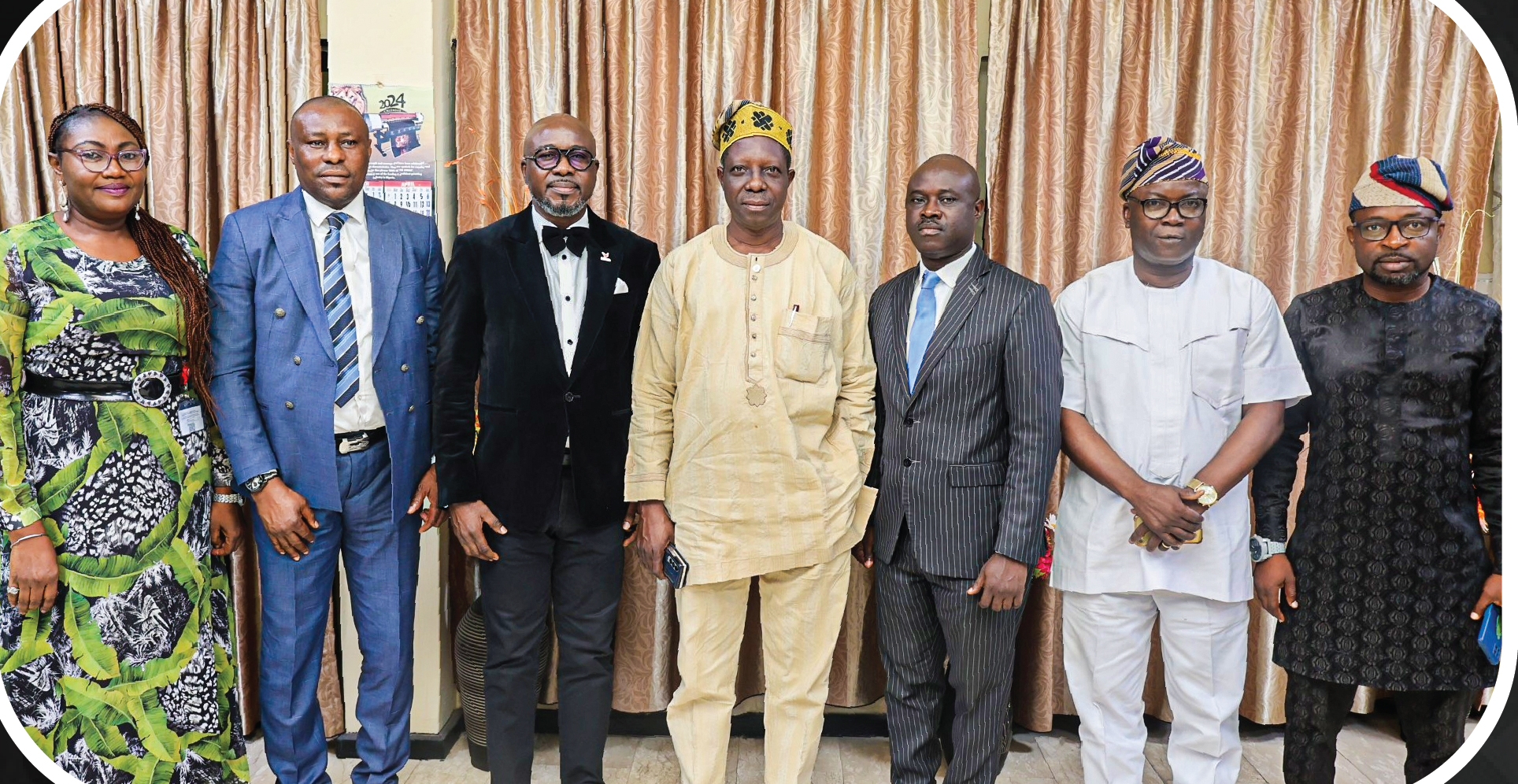SIFAX Group Chairman Identifies Blue Economy Potential At LAUTECH Lecture

Dr. Taiwo Afolabi, Chairman, SIFAX Group, has identified coastal tourism and renewable energy generation as some of the potential areas of growth that Nigeria needs to take advantage of in developing its blue economy.
According to a statement on Wednesday, Afolabi made this known while delivering the 16th Convocation Lecture of the Ladoke Akintola University of Technology (LAUTECH), Ogbomoso on the topic “Towards a sustainable blue economy and marine development in Nigeria: trends, challenges and prospects”.
He noted that the country has many untapped opportunities in the maritime sector.
He said developing the country’s blue economy is now more imperative than ever due to the government’s policy of moving away from the largely one-product economy that Nigeria has been running for decades.
He said: “Serious attention should be devoted to the development of our coastlines by the government as this could spur huge recreational and economic activities around such localities. Coastal tourism development has the potential to provide socio-economic benefits to Nigeria, especially during this period when the Nigerian government is trying to diversify the economy from being a predominantly crude oil-based economy to a multi-product economy, which can withstand the volatility in oil prices in the world market.
- Advertisement -
“One other lucrative sector within the blue economy concept is the opportunity for harvesting renewable energy. Renewable energies, such as wind, solar, hydro, and tidal energy, are energy alternatives to fossil fuels that can contribute to reducing the carbon footprint of the maritime sector.
“Offshore wind energy is also a real and promising form of renewable energy generated by offshore wind turbines, which makes it possible to take advantage of strong ocean winds for electricity generation later exported to land where it is consumed in several economic activities. In turn, solar energy can be used in power navigation and communication ships’ systems and equipment and those of other floating structures.”
Afolabi further noted that the country can learn from the experience of Phillipines which has deployed more seafarers in the global shipping business than any other country. He said the country needs to develop a robust maritime educational curriculum that takes into cognizance technology, trends, and the dynamic nature of the industry.
Afolabi, however, cautioned that tapping the potential in the blue economy should be done responsibly and sustainably. He identified some of the sustainable measures of using the country’s ocean resources. These include the promotion of sustainable aquaculture practices, modern environmental waste management, monitoring, control, and surveillance of Nigeria’s territorial waters, and improvement of maritime safety and security.
Others are the preservation of marine ecosystems, addressing the challenge of pollution in coastal areas, enactment of laws that promote the blue economy, and proper regulation by relevant government agencies.



Comments are closed.